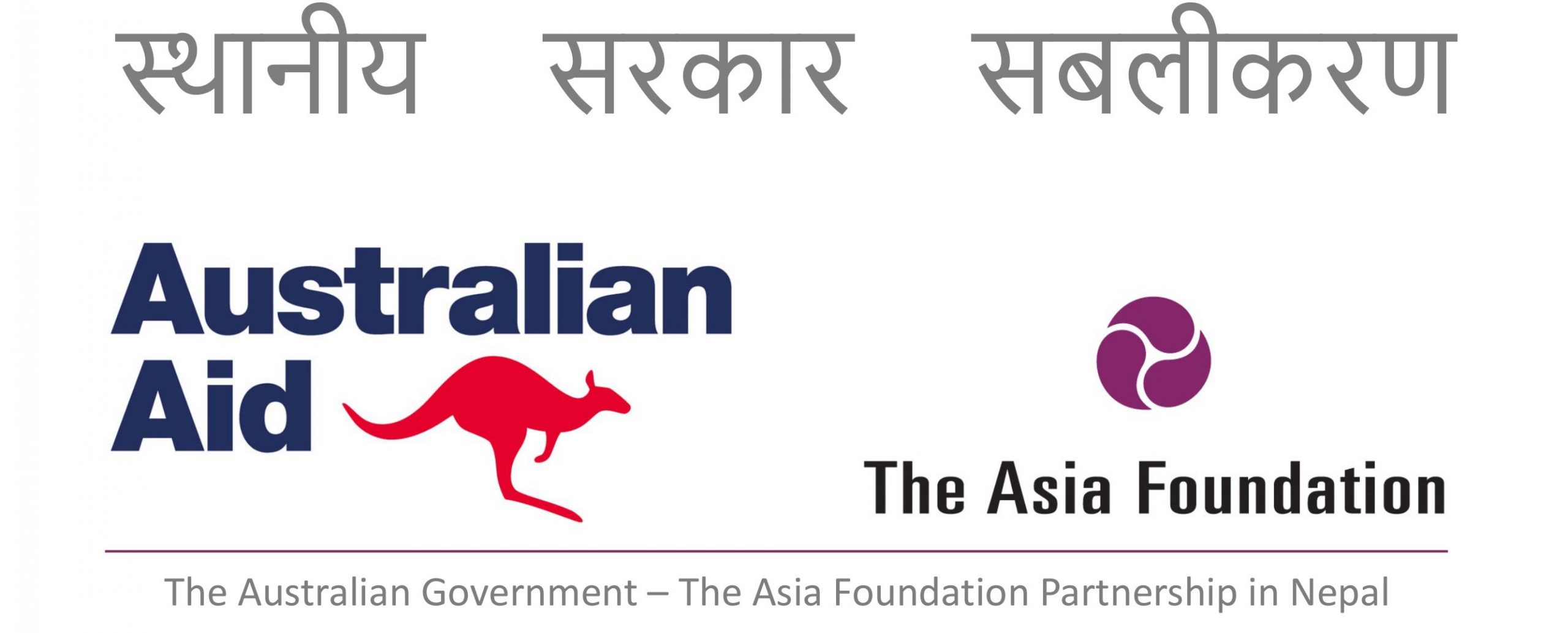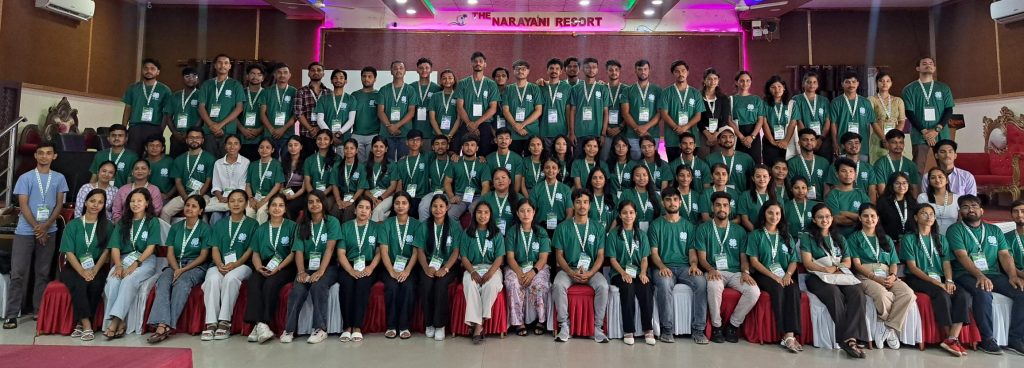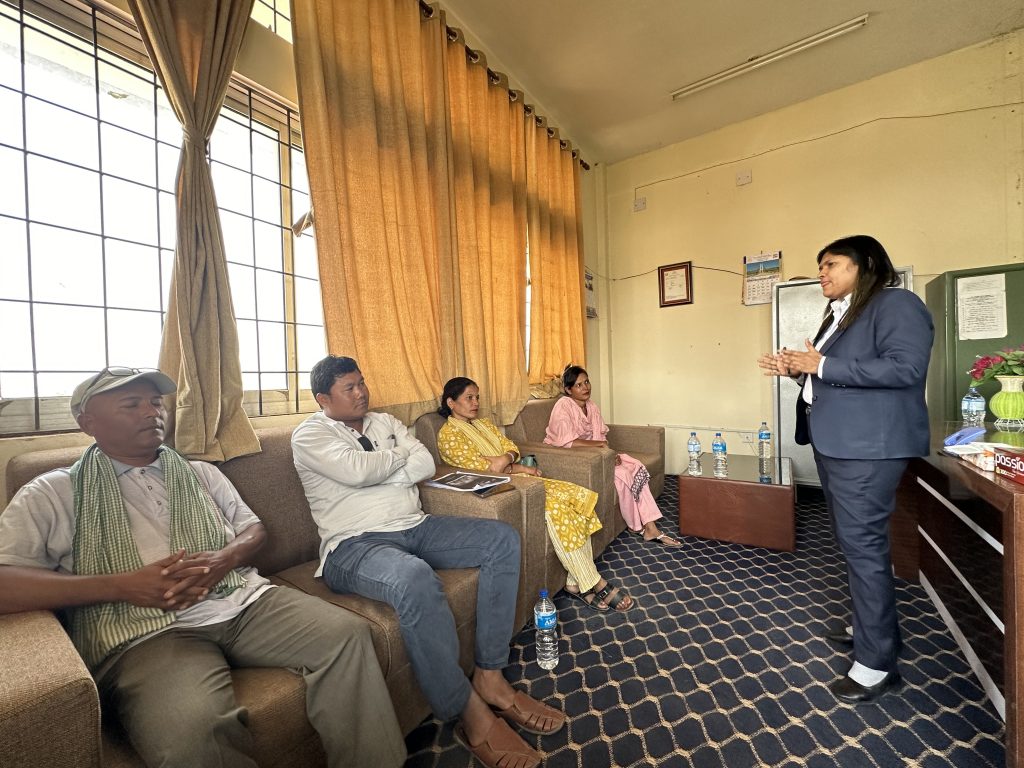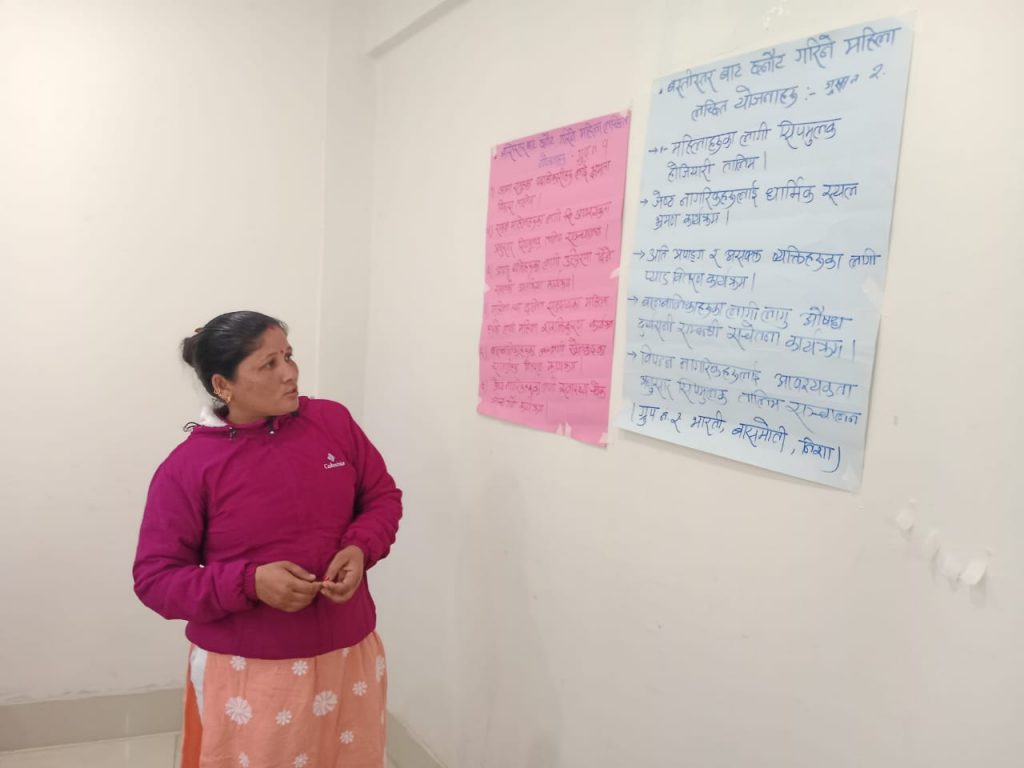Policy Dialogue held on Current Status of Legal Development at the Local Level
Published on September 17, 2021

The promulgation of the country’s new Constitution in 2015, marked the beginning of Nepal’s transition from a unitary state to a federal system. This paved the way for local, provincial, and federal elections in 2017, and opened up new opportunities for sub-national government units to take on greater authorities and responsibilities. 2021 marks four years since the elected local governments started functioning in Nepal. Under the new Constitution, local governments have the responsibility to make local laws on various issues either exclusively or concurrently, in collaboration with provincial and federal governments.
During the process of formulating local laws, the local bodies are influenced by various factors such as their capacity, qualifications, resources, means and status of human resources, assistance and facilitation received from the federal and provincial governments. In this context, Nepal Consulting Lawyers Inc., in collaboration with The Asia Foundation, had conducted a research study to critically examine the local law-making process and the experiences, challenges and problems faced by local governments in formulating laws and policies over the past four years. The study has been recently published under the title ‘A study on the Current Status of Legal Development at the Local Level’.
A policy dialogue event was organized jointly by the Foundation and Nepal Consulting Lawyers Inc on August 24, 2021, to share the salient findings of ‘A study on the Current Status of Legal Development at the Local Level’ and to discuss the federal and provincial legislative issues and challenges. The virtual event was attended by legal and policy experts, subnational government officials, representatives from local government associations and various civil society organizations.
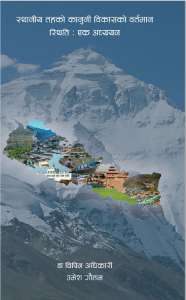 At the event, Dr. Adhikari, co-author of the book, provided an overview of the major takeaways from the study which was followed by remarks from key commentators. Speaking at the event, Honorable Parashuram Meghi Gurung, Chairman of the National Assembly Legislative Management Committee, said, “The model laws provided by the federal government are federal government-oriented, so the local level governments should increase their capacity to develop laws based on their local needs.” He also observed that the local governments were learning from their experience of the last four years. General Secretary of the Federal Parliament Secretariat, Dr. Bharatraj Gautam, stressed the challenges of local executive’s influence in local law-making processes and identified the need for capacity building support on law-making to local assembly representatives.
At the event, Dr. Adhikari, co-author of the book, provided an overview of the major takeaways from the study which was followed by remarks from key commentators. Speaking at the event, Honorable Parashuram Meghi Gurung, Chairman of the National Assembly Legislative Management Committee, said, “The model laws provided by the federal government are federal government-oriented, so the local level governments should increase their capacity to develop laws based on their local needs.” He also observed that the local governments were learning from their experience of the last four years. General Secretary of the Federal Parliament Secretariat, Dr. Bharatraj Gautam, stressed the challenges of local executive’s influence in local law-making processes and identified the need for capacity building support on law-making to local assembly representatives.
Similarly, Chief Attorney of Province 1, Chudamani Acharya, cited examples of federal laws trying to curtail the Constitutional principles of “cooperation, co-existence and collaboration” between the federal, provincial, and local levels. In addition, he shared that the Province 1 government along with the Chief Attorney Office is embarking on a similar review of law-making practices across all the 137 municipalities in the Province. He concluded, “the book is a milestone publication which will help readers understand the local law-making practices at the local level”. Meanwhile, Advocate Nirupama Yadav highlighted the need for strengthening the implementation of constitutionally ensured gender equality and social inclusion provisions.
Similarly, the mayors and deputy mayors from the municipalities covered during the study – Damak, Bhimeshwar, Waling, Tansen, Birendranagar and Tikapur – shared their experiences and validated the findings from the study. These are the partner municipalities of the Subnational Governance Program of the Foundation.
Former Chief Justice Kalyan Shrestha provided the concluding remarks at the event. “The findings of the research could be a barometer to better understand the implementation of federalism at a local level,” he said. He also emphasized that it’s important to pay attention to the quality of the local laws and not just to the number of laws enacted by the local governments.
